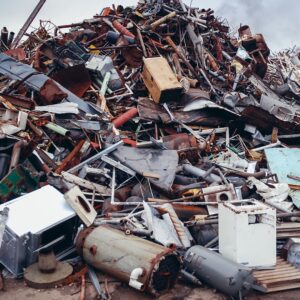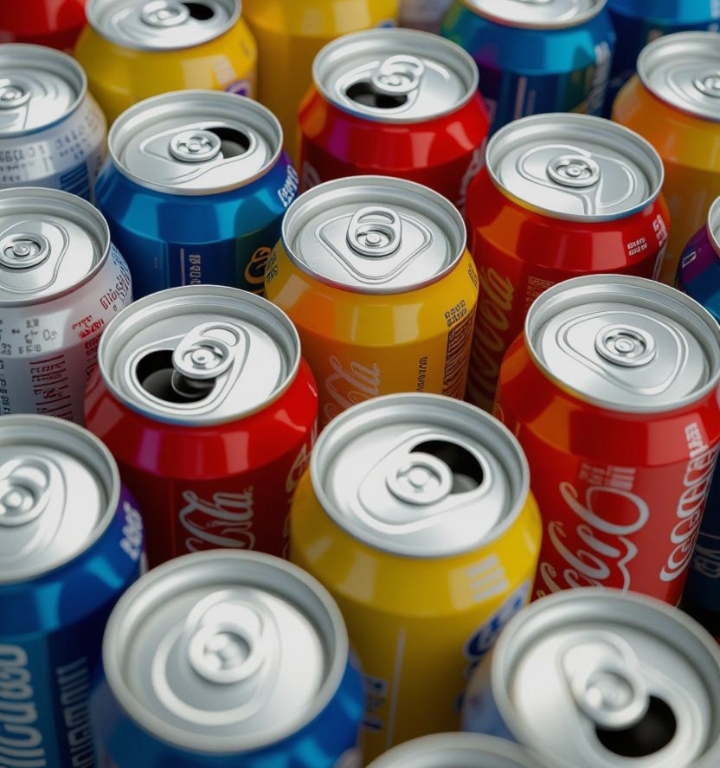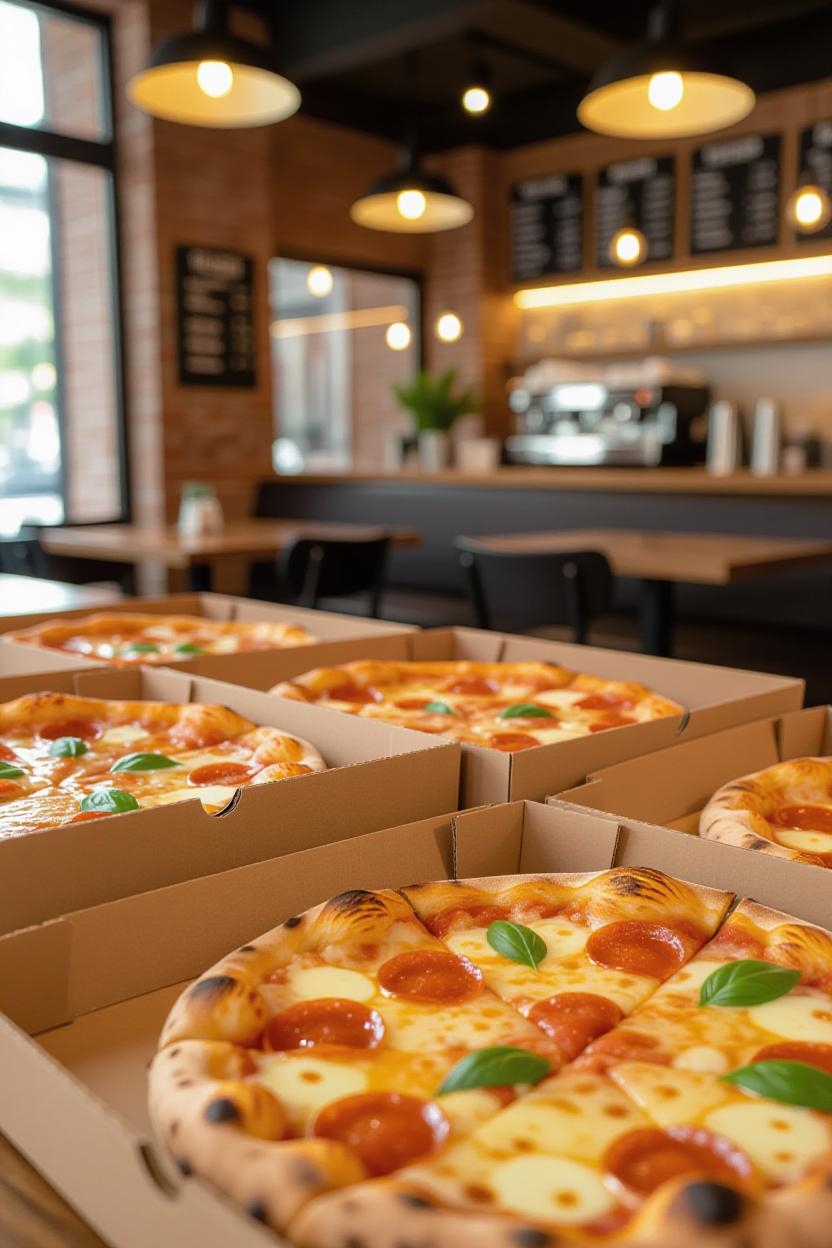Scrap Metal Recycling Near Me
When people search for “scrap metal recycling near me,” they’re not just looking for a place to dump old junk — they’re really connecting with a hidden part of the local economy.
These recycling centers act like modern-day urban mines, pulling valuable resources out of everyday items that would otherwise sit in landfills.
Think of that rusty bike frame, broken washing machine, or leftover construction beam — inside each is metal that can be melted down, reshaped, and used again.
What makes local scrap yards unique is how they close the loop right in your own community.
Instead of shipping materials across the country, they sort, process, and often sell the recycled metal to nearby manufacturers.
This keeps jobs local, cuts transportation emissions, and speeds up the recycling cycle.
And unlike tossing things in a blue bin, scrap metal recycling usually pays you — because your “trash” is literally worth something.
Whether you have appliances, car parts, construction materials, or everyday metal scraps, local recycling centers can safely process and repurpose them.
How Does Scrap Metal Recycling Work?

1. Collection
- Metal recycling starts when individuals or businesses gather unwanted metal items — like old appliances, car parts, aluminum cans, or construction scraps — and bring them to a recycling center or scrap yard.
2. Sorting
At the facility, the metal is sorted into two main categories:
- Ferrous metals (contain iron — e.g., steel, cast iron, etc.)
- Non-ferrous metals (don’t contain iron — e.g., aluminum, copper, brass, stainless steel, etc.)
- Magnets are often used to separate ferrous from non-ferrous metals.
3. Cleaning & Processing
- Metals are cleaned to remove paint, plastic, rubber, or other contaminants. Then, they’re shredded or cut into smaller pieces to make melting more efficient.
4. Melting
- The sorted and processed metal is melted in large furnaces, each designed for specific metal types. This process uses less energy compared to producing new metal from raw ore.
5. Purification
- To ensure quality, the molten metal may be purified — often using electrolysis or other methods — to remove any remaining impurities.
6. Solidifying
- The purified molten metal is then cooled and shaped into bars, sheets, coils, or other forms that manufacturers can use to make new products.
7. Manufacturing
- Recycled metal is now ready to be used in making new items — anything from cars and airplanes to soda cans and building materials.
8. The Cycle Repeats
- Because metal can be recycled indefinitely without losing its properties, this cycle can continue over and over again — making it one of the most sustainable materials on the planet.
Why Metal Recycling Matters?
1. Saves Natural Resources
- Metals like iron, aluminum, and copper come from finite natural ores mined from the earth. Recycling means we can reuse existing metal instead of digging up new resources, helping protect the environment and reduce land degradation.
2. Uses Less Energy
- Recycling metal takes far less energy than producing new metal from raw ore. For example, recycling aluminum saves up to 95% of the energy needed to make it from scratch. Less energy means fewer greenhouse gas emissions.
3. Reduces Landfill Waste
- Metal doesn’t break down in landfills, so tossing it out just takes up space for decades. Recycling keeps metal out of landfills and gives it a new purpose.
4. Cuts Pollution
- Mining and refining raw metal can release harmful chemicals into the air, water, and soil. Recycling avoids much of this pollution and helps keep communities cleaner.
5. Supports the Economy
- Scrap metal recycling creates local jobs in collection, processing, and manufacturing. It also provides affordable raw materials to industries, which helps lower production costs.
6. Earns Extra Cash
- Unlike many other recyclables, metal is valuable. Scrap yards often pay for items like copper wiring, aluminum cans, or old car parts — turning clutter into cash.
7. It’s Infinitely Recyclable
- Metals can be recycled again and again without losing their strength or quality, making them one of the most sustainable materials available.
How To Find Scrap Metal Recycling Near Me?
Here’s how you can find a scrap metal recycling centre near you:

1. Search Online – Use terms like “scrap metal recycling near me” or “scrap metal dealer”.
2. Check Map Apps – Open Google Maps, Apple Maps or similar and filter by “Recycling centre”, “Metal scrap dealer” etc.
3. Ask Locally – Many scrap yards rely on word-of-mouth. Call local auto-shops, demolition crews or construction firms; they often know where scrap metal goes.
4. Visit & Inspect – Once you find a place, check:
- Are they licensed and properly registered?
- What types of metal they accept (ferrous vs non-ferrous)?
- What’s the payment like? (Cash, bank transfer, weigh-in)
- What the drop-off process is.
5. Prepare Your Material – Sort your metal if possible (e.g., steel vs aluminium), remove non-metal attachments (plastic, rubber) as some yards pay more for clean metal.
Things To Ask When You Visit A Scrap Metal Recycling Center
Knowing what to ask when you visit a scrap metal recycling center can help you get the best value, avoid hidden costs, and ensure a smooth transaction.
Here’s a clear and practical checklist to guide you:
1. Questions About Accepted Materials
“What types of metals do you accept?” (e.g., steel, aluminum, copper, brass, stainless steel, etc.)
- “Do you accept mixed metals, or should I separate them beforehand?”
- “Do you take appliances, car parts, wires, or electronics?”
👉 Why ask: Some yards only accept certain metals or pay more for separated and clean scrap.
2. Questions About Weighing and Pricing
- “How do you weigh the metal — digital scale or estimate?”
- “What’s your current price per kilogram or ton for each metal type?”
- “Do your prices change daily or weekly?”
- “Is there a minimum weight required to sell?”
👉 Why ask: Transparent weighing and pricing ensures you get a fair payout.
3. Questions About Payment
- “Do you pay cash or bank transfer?”
- “Is payment immediate or after processing?”
- “Do you provide a receipt or weight slip?”
👉 Why ask: It protects you from underpayment or delays.
4. Questions About Rules & Requirements
- “Do I need to bring any ID or proof of ownership?” (especially for large items like car parts)
- “Are there materials you don’t accept — like painted metal, insulated wire, or hazardous waste?”
- “Do you charge for pickup, or is it free?”
👉 Why ask: Avoid bringing items that won’t be accepted or surprise fees.
5. Questions About Preparing Your Scrap
- “Should I remove plastic, rubber, or insulation?”
- “Do you pay more for clean and sorted metal?”
- “Can I bring the material loose, or does it need to be bundled?”
👉 Why ask: Proper preparation can increase your earnings and speed up the process.
6. Bonus Questions for Eco-Friendly Centers
- “Do you recycle responsibly or resell to certified processors?”
- “Can you provide documentation for large commercial loads?”
👉 Why ask: If you’re a business or just care about environmental impact, this gives you peace of mind.
Conclusion
Scrap metal recycling isn’t just about clearing out clutter — it’s a smart, sustainable way to protect the environment, conserve resources, and even earn some extra cash.
By recycling metals like steel, copper, and aluminum, you help reduce landfill waste, cut energy use, and support local industries.
Finding a trusted scrap metal recycling center near you is easy, and knowing what to ask when you visit ensures a fair and smooth experience.
Whether you’re an individual cleaning out old items or a business handling bulk materials, every piece of recycled metal makes a difference.


